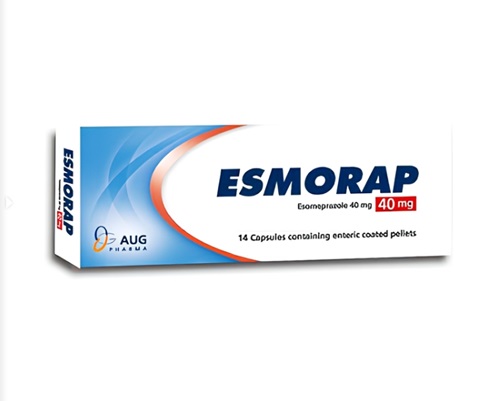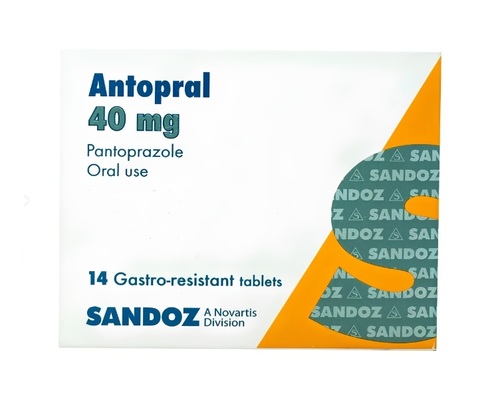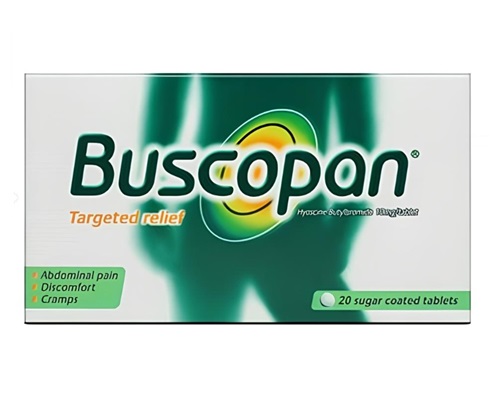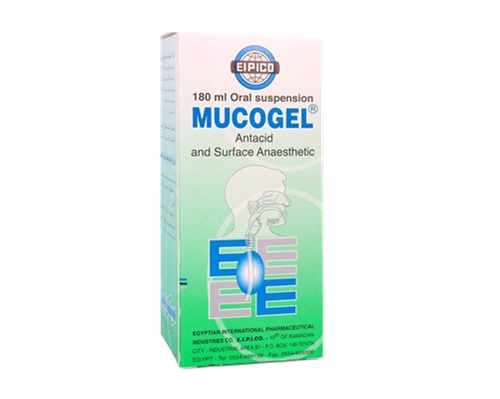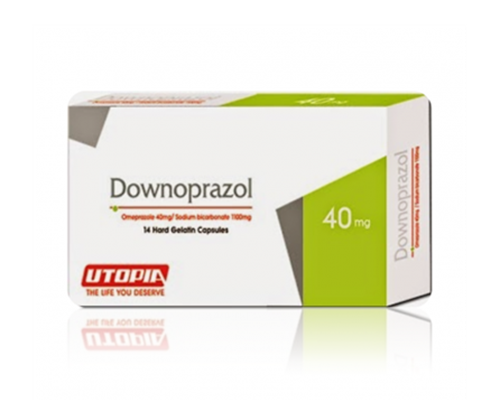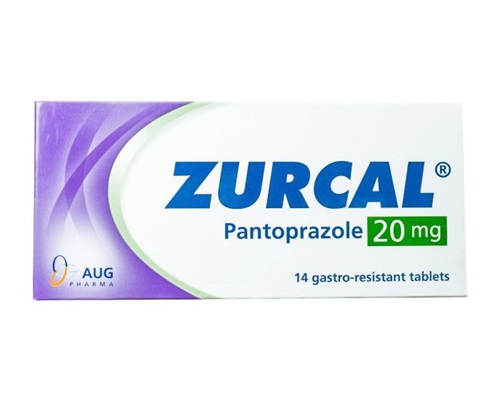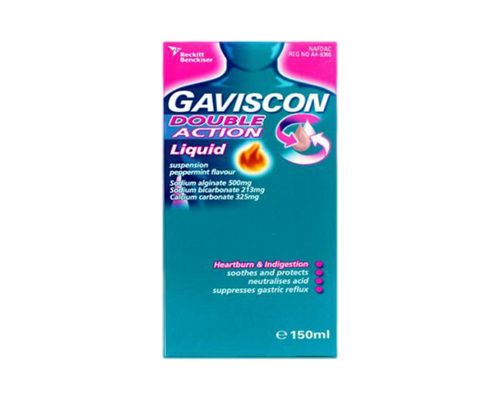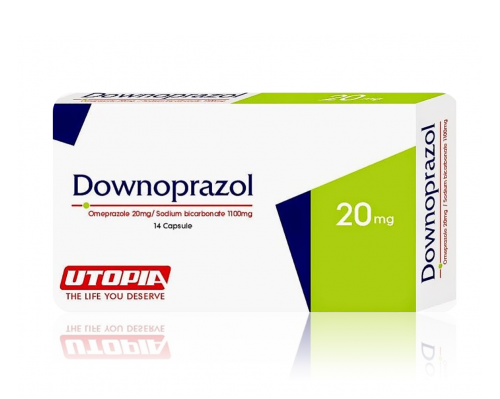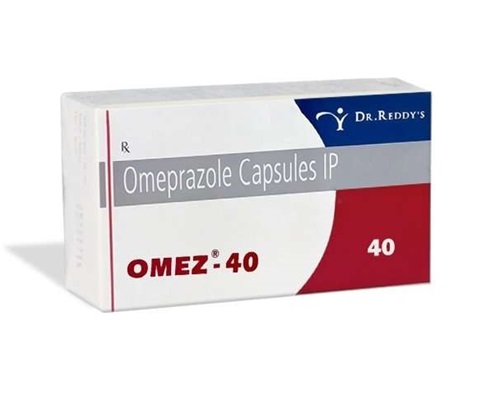Description
Trade name:
Esmorap
Compound:
Each capsule contains:
Esomeprazole 40 mg
Auxiliary components:
methacrylic acid-ethyl acrylate copolymer, talc, sucrose, spherical granules, hyprolose, hypromellose, triethyl citrate, magnesium stearate, glycerol monostearate, polysorbate 80, dextrose, crospovidone, xanthan gum, citric acid anhydrous, iron oxide yellow.
Properties:
Antiulcer agent – proton pump inhibitor, dextrorotatory isomer of omeprazole; reduces secretion of hydrochloric acid in the stomach by specific inhibition of the proton pump in parietal cells. Being a weak base and passing into an active form in the acidic environment of the secretory canals of the parietal cells of the gastric mucosa, it activates and suppresses the proton pump – H+/K+ATPase. Suppresses basal and stimulated secretion of hydrochloric acid.
Indications:
Gastroesophageal reflux disease (GERD): erosive reflux esophagitis (treatment), prevention of relapses in patients with cured esophagitis, symptomatic treatment of GERD.
As part of combination therapy: gastric ulcer and duodenal ulcer associated with Helicobacter pylori (treatment and prevention).
Method of administration and dosage:
1 capsule per day regardless of food intake. The duration of the course is determined by the doctor.
Contraindications:
Hypersensitivity (including to substituted benzimidazoles), concomitant administration with atazanavir (decreases plasma concentration of atazanavir), lactation period. With caution. Pregnancy.
Precautions:
In the presence of any alarming symptoms (such as significant spontaneous weight loss, frequent vomiting, dysphagia, vomiting of blood or melena), as well as in the presence of a gastric ulcer (or if a gastric ulcer is suspected), the possibility of a malignant neoplasm should be excluded, since treatment with esomeprazole may lead to a smoothing of symptoms and thus delay the correct diagnosis.
Patients taking the drug for a long period (especially more than 1 year) should be under regular medical supervision.
During treatment with proton pump inhibitors, plasma gastrin concentrations increase as a result of decreased intragastric secretion of HCl.
Patients taking proton pump inhibitors for a long time are more likely to develop glandular cysts in the stomach. These phenomena are due to physiological changes resulting from inhibition of HCl secretion. The cysts are benign and tend to disappear.
Side effects:
Common (0.1-1%): headache, abdominal pain, diarrhea, flatulence, nausea, vomiting, constipation.
Rare (0.01-0.1%): dermatitis, itching, urticaria, dizziness, dry mouth.
Storage method:
At a temperature not exceeding 30 degrees. In a dry place.

